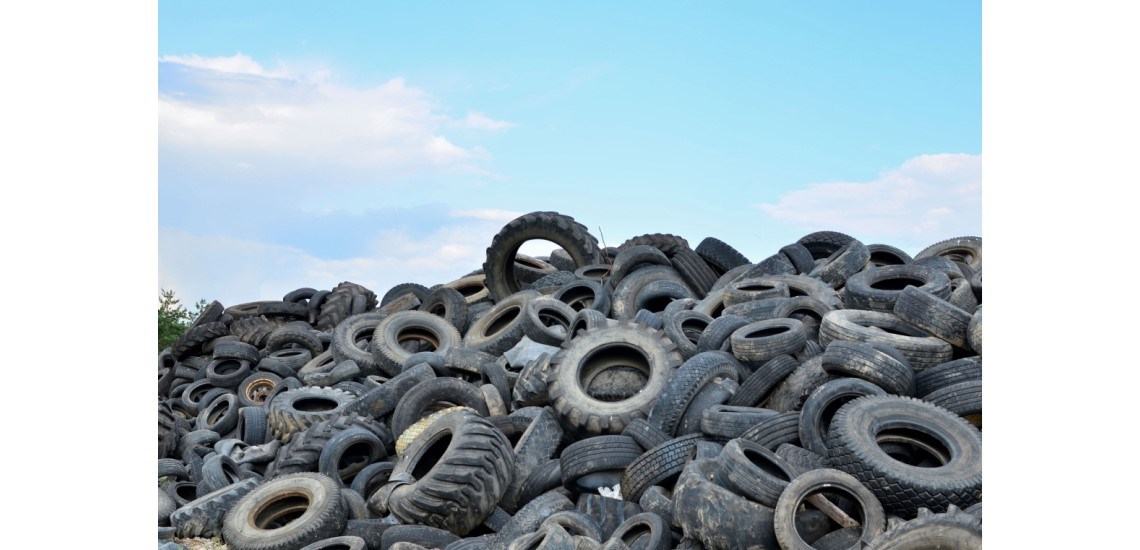Tyre recycling across Europe is under pressure, much of Europe’s ELT waste gets exported to the Far East. It is difficult to define just how much gets exported to oriental destinations as much of the trade is clouded in mystery.
Lack of Transparency Hindering Europe
You don’t have to talk to long to tyre people to hear stories of tyres being shipped to Vietnam, or China, or Malaysia, all destinations where ELT are banned imports. So, official figures and reality may have a credibility gap in the real world. Dial in a reduction in demand for TDF imports in the Far East and there is a perfect storm brewing.
However, wherever one stands on the issue of waste exports the facts are increasingly clear. The cost of shipping out of Europe is on the rise. What once was a near free-ride on containers heading back to the Far East, is now attracting ever increasing fees. These fees are pushing waste disposal costs for ELT higher. This, is not a problem if there is demand in the destination markets and the recipients are prepared to pay the price. But the market is not prepared to pay the increased prices for transport. So, across Europe there is an increase in unused ELT stock.
In some places the solution is simply to increase the feedstock going to cement kilns and energy uses. However, that only works where the construction industry is booming. In much of Europe that is far from being the case. So, producer of tyre derived materials and collectors of tyres have to look at other market solutions.
In the UK, Peter Taylor at the TRA has warned of increased fly tipping as a potential result of this crisis. “We are seeing the tyre recycling fee at about £1 per tyre now, and there are a number of retailers who are baulking at the charge. They are reverting to using the lowest cost collector, who usually is outside the Responsible Recyclers Scheme. We have seen some members drop out of the scheme altogether, but they are continuing to trade, so who is taking their tyres?”
With a possible increase in collection by allegedly unscrupulous dealers, there is a high risk potential that there will be an increase in fly tipping. Indeed, reports from around the UK suggest that this is the case. That should be considered against the backdrop of local authorities charging for amenity tipping services that used to be free – so the fly tipping propensity has been increased by local authorities trying to meet their austerity budgets. Tyres just add to the problem.
“The bigger issue remains exempt sites,” says Taylor. “The operators will still collect the tyres, but if they cannot move them on, then they simply store them on exempt sites and until something goes wrong no-one is aware of any problem.”
The reality of the issue is, that as predicted by Tyre and Rubber Recycling, as export markets for our waste decline we find that we do not have the domestic capacity to deal with our rubber waste. The question of whether we should be exporting what is essentially a valuable raw material arises.
Should we not have a system in place where the management of tyre recycling funds the development of a recycling economy? Should we not be looking to the Circular Economy for solutions instead of continuing with the linear practice of exporting our waste?
We do have the solutions. We don’t have the will, though. Perhaps a crisis in waste management in the UK will drive us to find solutions that work.
Peter Taylor concludes, “This comes at a time when the sector is faced with potentially crippling costs associated with fire prevention regulations, which could close down or restrict the activities of some of our larger players in tyre recycling.”


















